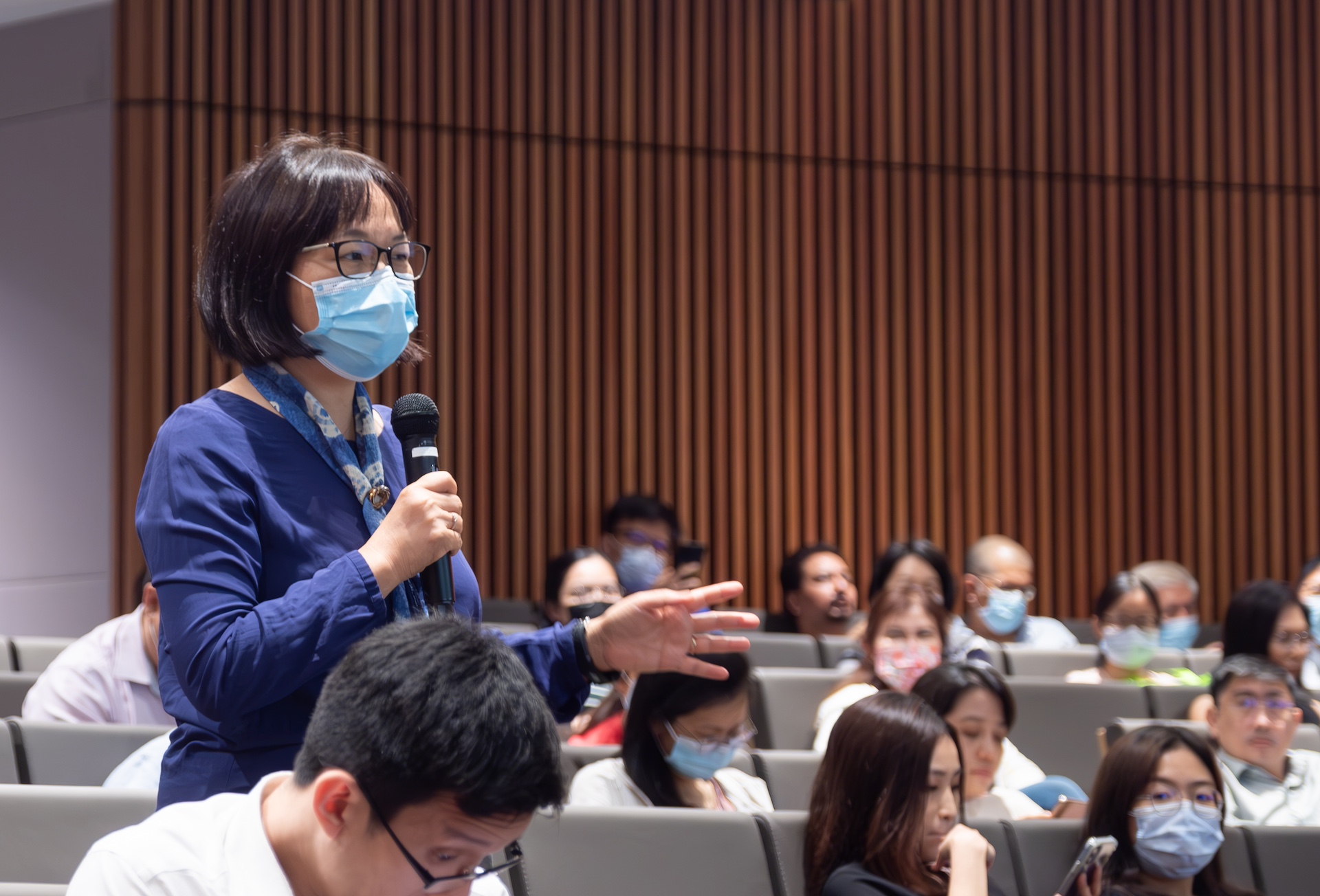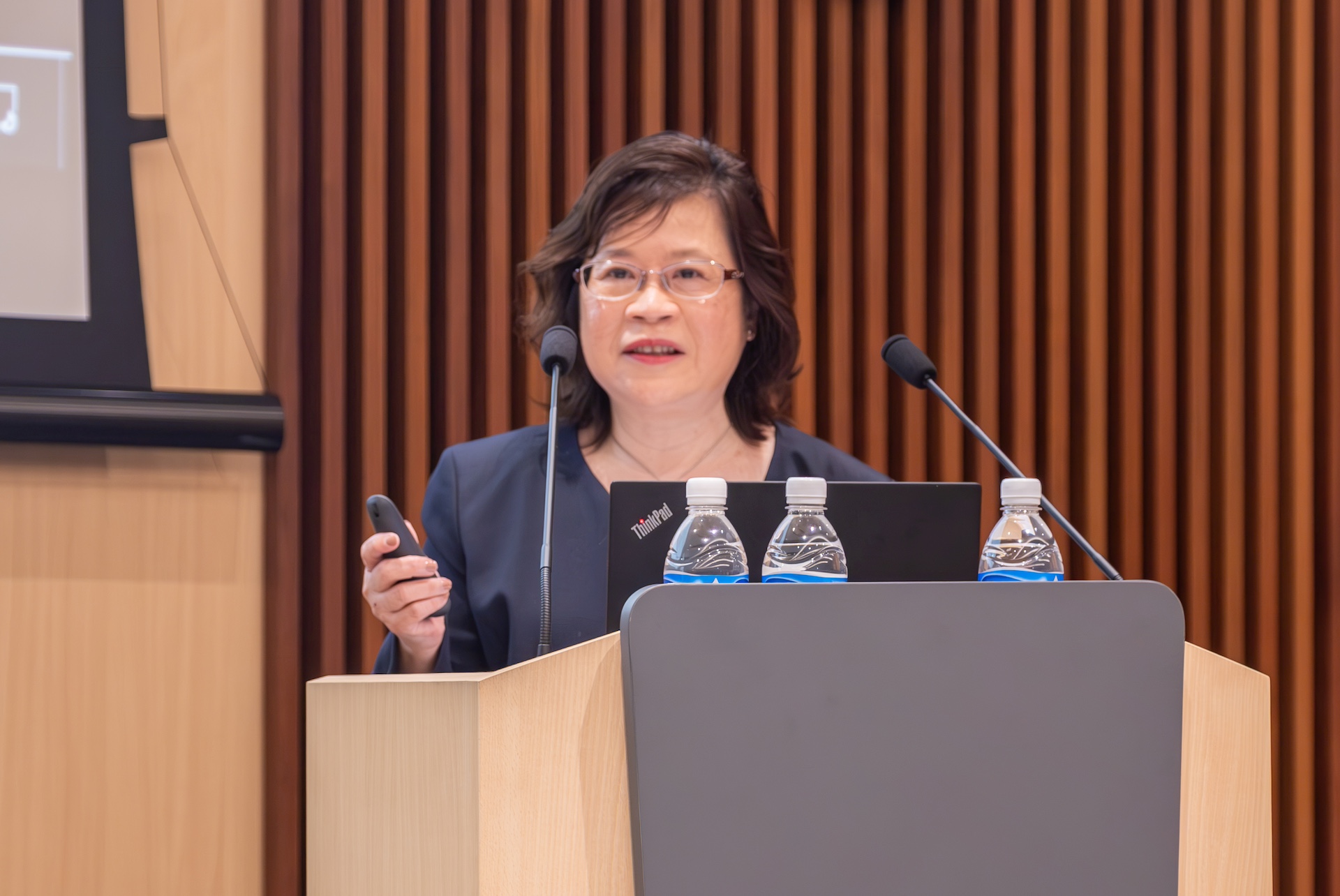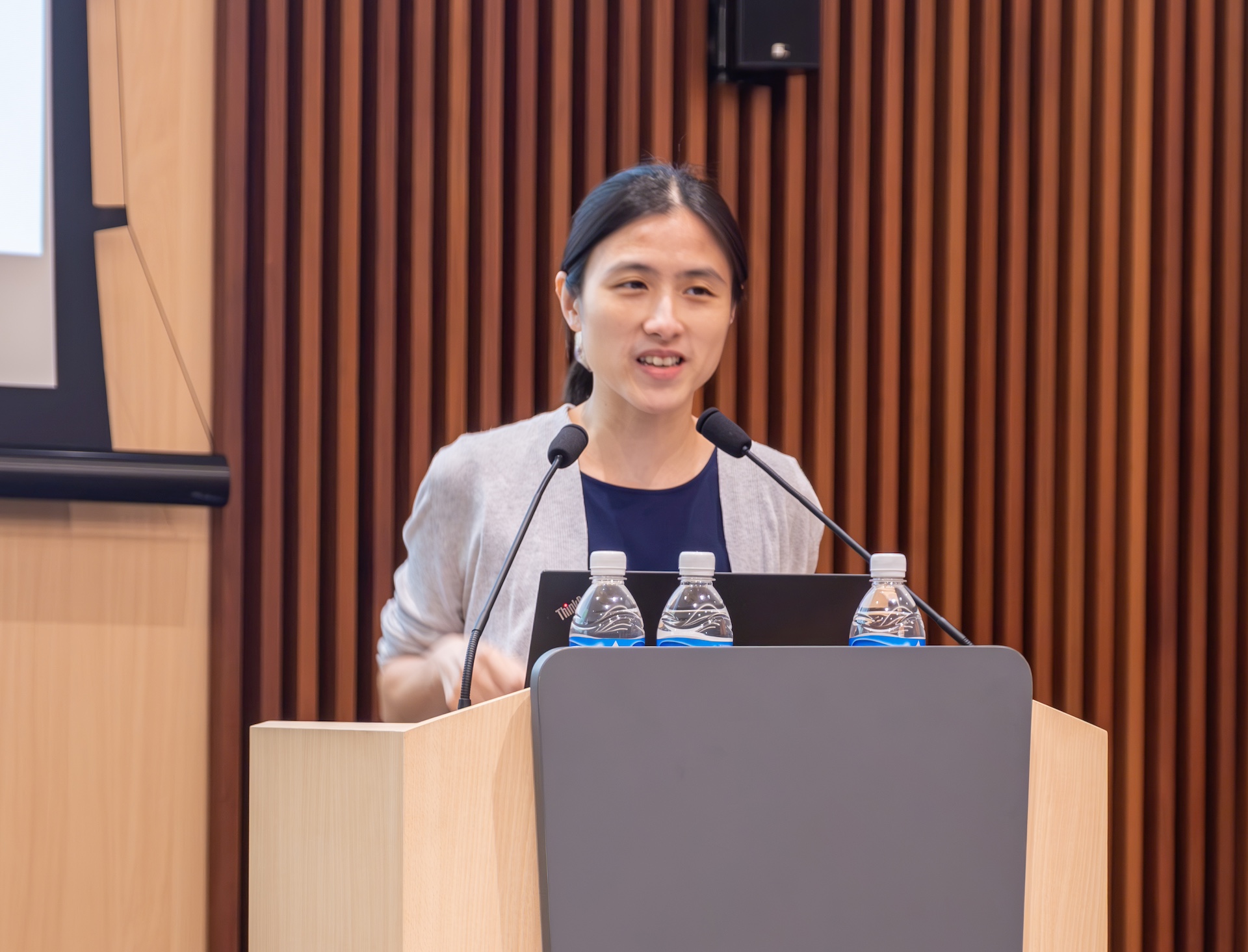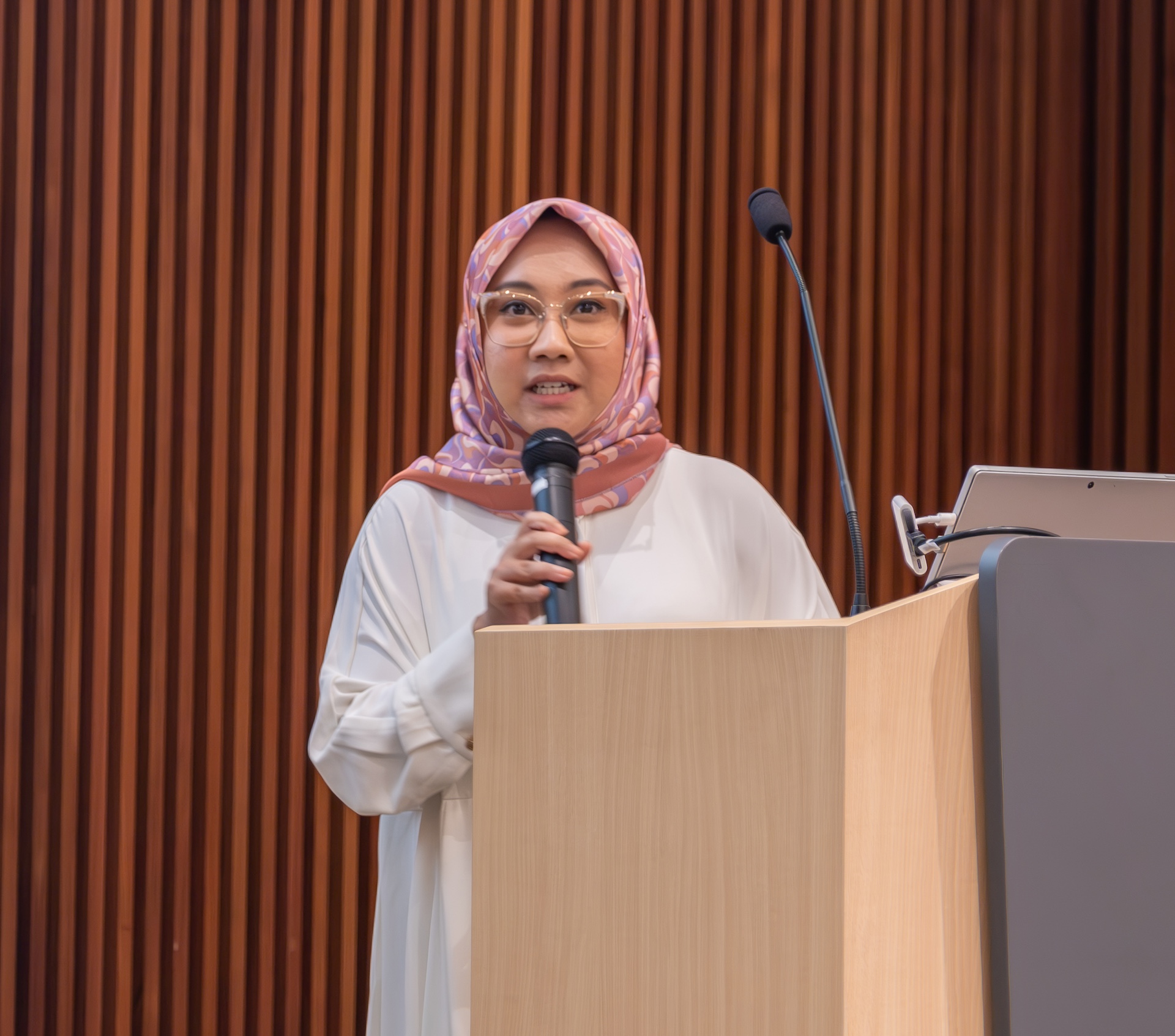Clinical Primer on Genomic Medicine for Primary Care Physicians
Primary care physicians or General Practitioners in Singapore are often the first point of contact for patients seeking medical advice, diagnosis and treatment for common illnesses and health concerns. They also establish a relationship of trust with their patients, and often care for more than one member of the family.
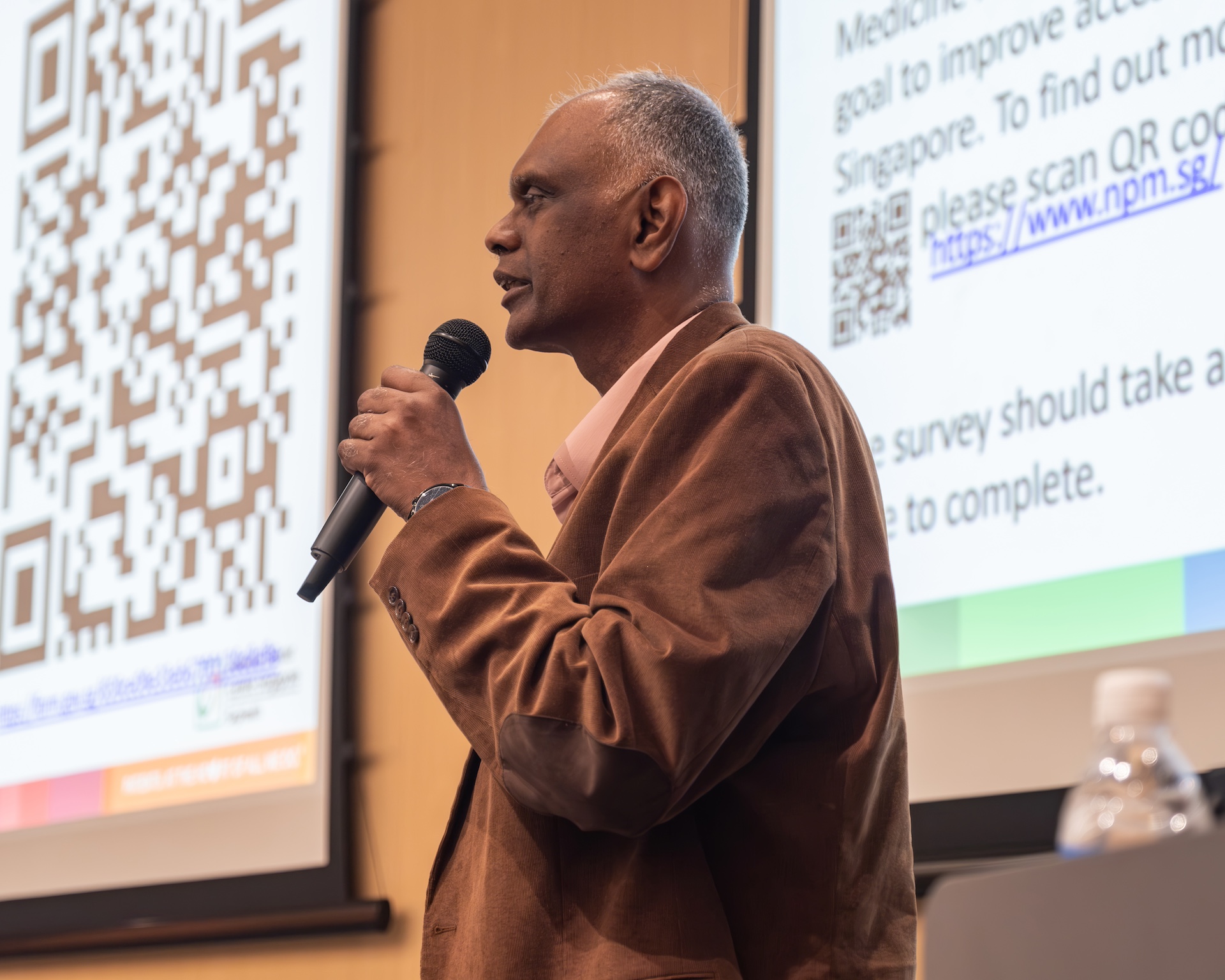
As Singapore shifts its healthcare system’s focus from reactive treatment
to preventive care, the emerging field of genomic medicine has the potential
to transform healthcare for improved population health. With an individual’s
genomic information, clinicians can not only assess health risks, but also
stratify disease, guide clinical care, and provide a continuum of care
for the wellness of patients.
In collaboration with the Ministry of Health’s College of Family Physicians
Singapore and the National Cancer Centre Singapore, PRECISE co-organised
a clinical primer on genomic medicine for primary care physicians on
13 and 14 January 2024.
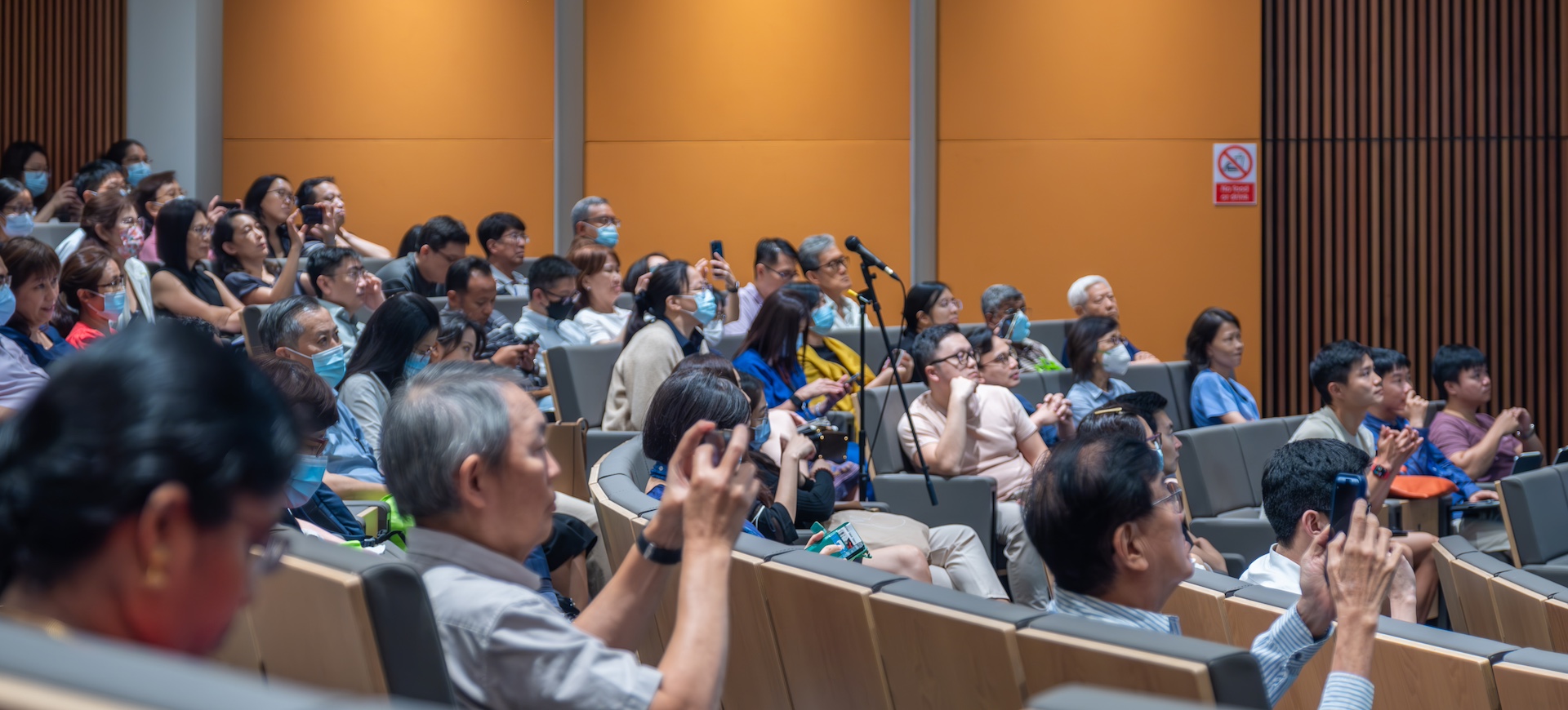
More than 110 clinicians attended the inaugural course, where they were introduced to the principles of clinical genetics, as well as the important role they can play in improving patient access to clinical genomics.
They also gained insights into how to co-manage patients with genetic health professionals (such as genetic counsellors), and support patients and their caregivers in making complex decisions.
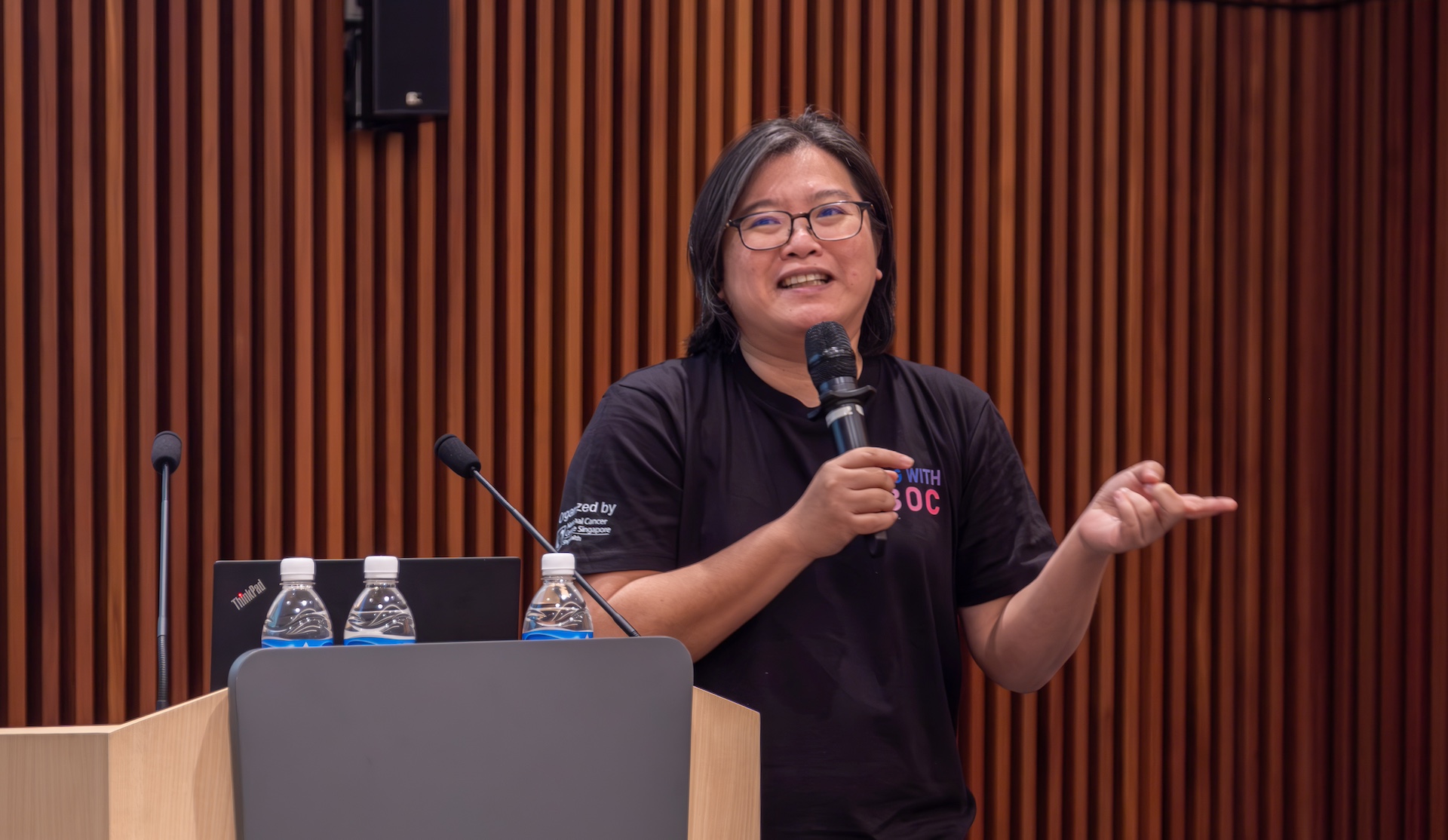
The lead investigators of PRECISE’s clinical implementation pilots discussed how their respective projects are studying the integration of genetic testing into clinical workflows:
-
Hereditary and familial cancer disposition by A/Prof Joanne Ngeow
-
Understanding Familial Hypercholesterolemia by Dr Tavintharan Subramaniam
-
Importance of genetic testing in kidney disease by A/Prof Ng Kar Hui and and Dr Chan Gek Cher
-
Pharmacogenomics in a nutshell for family physicians by Dr Elaine Lo
-
Polygeneic risk scores: when should we use them? by Dr Li Jingmei
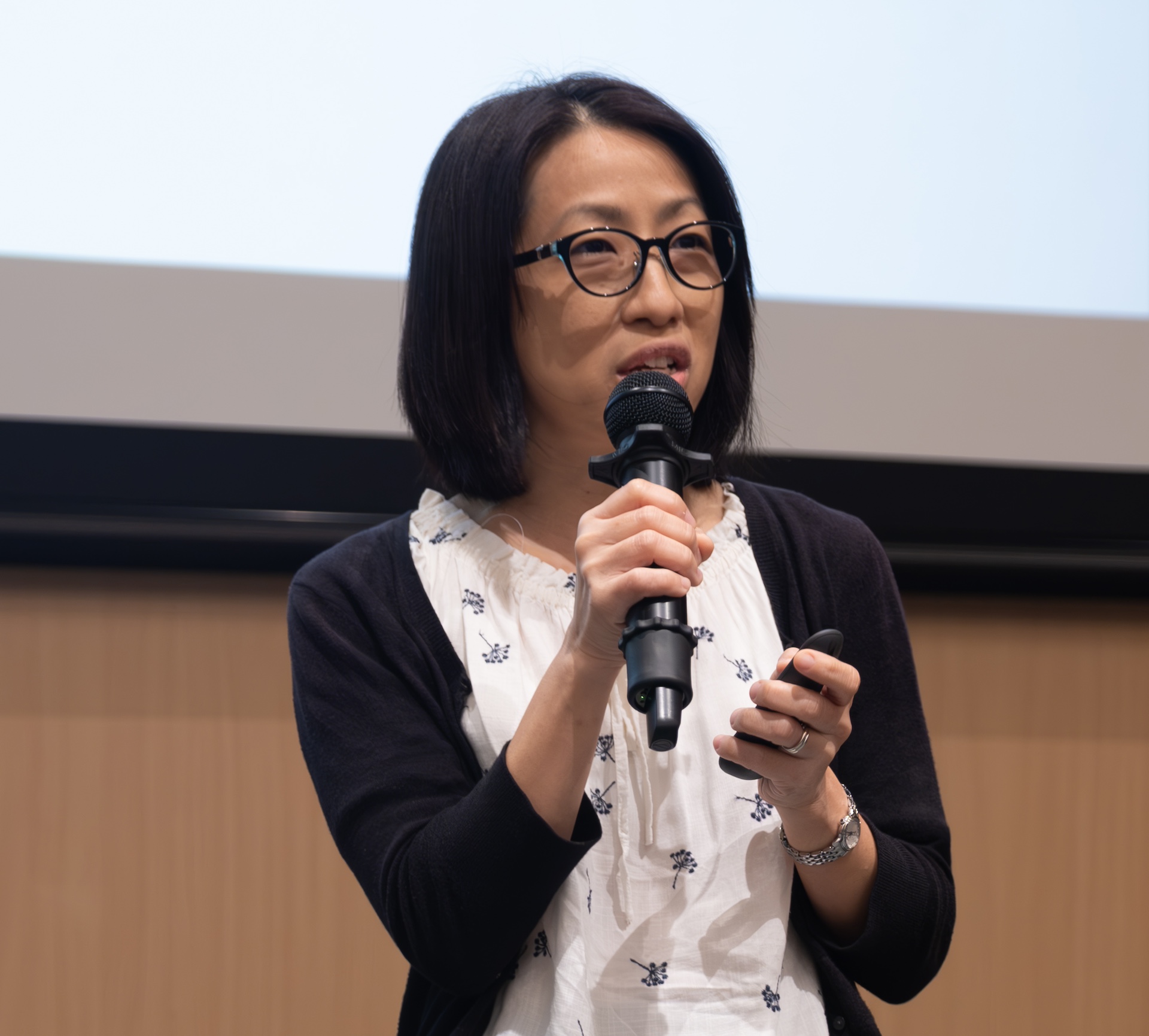
Speakers also shared how to identify which patients (and their family
members) may be suitable for genetic testing, as well as how these tests
can also help with safer prescriptions and enhanced disease management.
Additionally, participants got to read pedigree charts, interpret clinical
genetic reports, and practise addressing patient queries about healthcare
insurance.
A huge thank you to all speakers and participants who contributed to the
success of the course, including: Dr Rose Fok, A/Prof Goh Lee Gan, Dr Zhang
Zewen, Ms Sowmya Jonnagadla, Ms Nur Diana Binte Ishak, and Ms Jeanette
Yuen.
